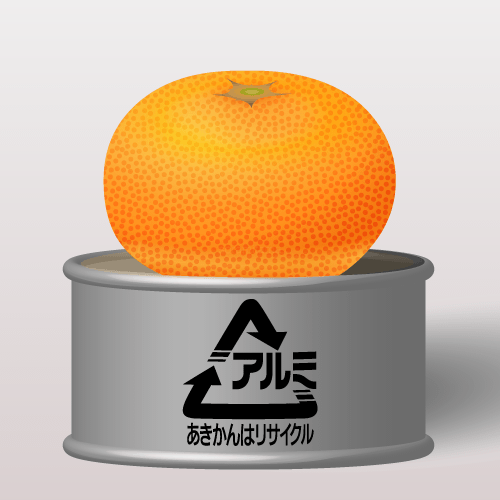ボディービルダーの筋肉(きんにく)はふわふわだ。
ふわふわ→カチカチ
ふわふわ:describes something soft and fluffy
カチカチ:describes something hard
A cute dog
可愛い犬
かわいいいぬ
仕事(しごと)
Work
わんわん
Sound of dog barking
True or false: there is no limit to the number of relative clauses you can have in a single sentence
True
Relative clauses are like describing a noun, so you can describe it as much as you want
雨(あめ)で服(ふく)がびしょびしょのなった。
The rain made the shirt completely soaked.
の→に
Use に or と when using it as an adverb
Use の when connecting to/describing a noun
Use だ after it if it is the predicate
Use する when describe the state of something or using as a verb
Answer the question:
今日(きょう)の次(つぎ)の日(ひ)は明日(あした)です。明日(あした)の次(つぎ)の日(ひ)は?
明後日(あさって)
木曜日(もくようび)
Thursday
ベタベタ
Describing something sticky
ロッコは昨日(きのう)ベタベタだった。
っけ is used when trying to express what?
Trying to remember/recall some information.
ロッコは彼女(かのじょ)とデートにいった。
Rocco went on a date with his girlfriend
No grammatical error
OR
Rocco doesn't have a girlfriend
イベントって今週(こんしゅう)だったっけ?
Was the event this week (again)?
理想(りそう)
Ideal
理想の彼氏(りそうのかれし):The ideal boyfriend
Read the sentence in correct pitch accent:
この橋(はし)の端(はし)には箸(はし)が置(お)いてある。
This bridge has chopsticks placed on its edge.
橋(はし):bridge Accent onし
端(はし):edge Accent on し
箸(はし):chopsticks Accent on は
What is the difference between 擬音語(ぎおんご)and 擬態語(ぎたいご)? Provide an example of each.
擬音語(ぎおんご)- mimics actual sounds
擬態語(ぎたいご)- conveys the state or condition of something, such as feelings or movements
彼にこれはできるわけないはずだ。
There is no way he should be able to do this.
No mistake
Can use わけ and はず in the same sentence.
君(きみ)にこの問題(もんだい)が答(こた)えられるはずがない。
There is no way that you can answer this question.
傘(かさ)
すやすや
Describing someone sleeping peacefully
Briefly describe the difference between にしても and としても
にしても:when something is the case
としても:if something is the case
冗談にしても… (Even as a joke...)
冗談だとしても… (Even if it's a joke...)
これを食べます理由(りゆう)はおいしいからです。
The reason I eat this is because it is delicious.
食べます→食べる
Relative clauses cannot be in ます form!
There are two chickens in the garden
にわにはにわにわとりがいる。
庭には二羽ニワトリがいる。-Kanji is important!
準備(じゅんび)
preparation
準備できた?
Did you do preparation? (Are you ready?)
Describe the image:
アルミ缶の上にあるみかん
あるみかんのうえにあるみかん
What is the difference between
飲まないはず and 飲むはずがない
飲まないはず:shouldn’t drink (probably won’t drink)
飲むはずがない:no way he’ll drink (higher degree of confidence than above)